Home >Common Problem >Detailed tutorial for upgrading win7 system from xp system
XP system has stopped updating for a long time, and the computer system requirements are getting higher and higher at this stage, so many users hope to upgrade the XP system to win7 system, but how to upgrade to win7 system without removing the xp system . Therefore, the editor has specially prepared a detailed tutorial for you today to introduce how to upgrade the XP system to the Win7 system. If you need it, come and take a look!
1. Download the win7 system iso image to the local hard disk, right-click and use WinRAR and other tools to extract it;
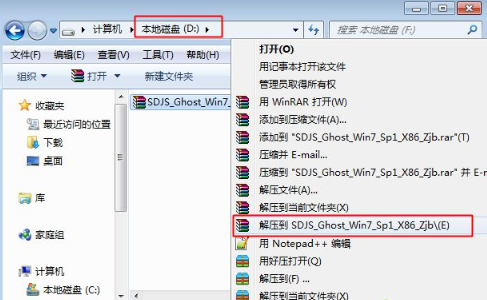
2. Copy the largest win7.gho file with Place the Onekey ghost tool in the same directory, such as the D drive, not the C drive or the desktop;
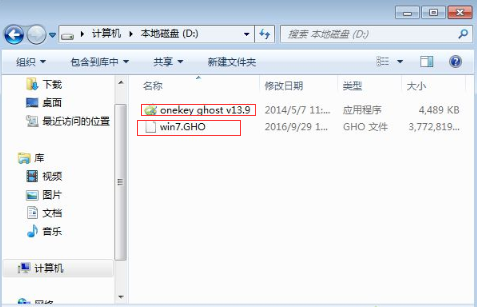
3. Double-click to open Onekey Ghost installation tool, select "Restore Partition", select the gho file for the image path, select the installation location, such as C drive, or determine the disk to install the system based on the disk capacity, click OK, if it prompts that ghost32 or ghost64 cannot be found, refer to "Related Tutorials" "Methods provided to solve the problem;
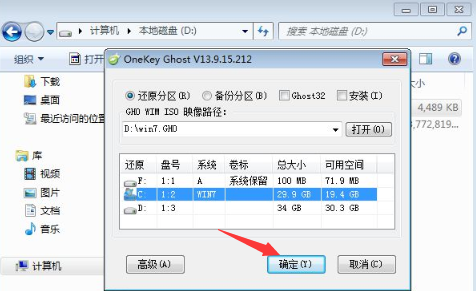
4. A prompt box pops up, click Yes, and restart the computer immediately to restore the computer;
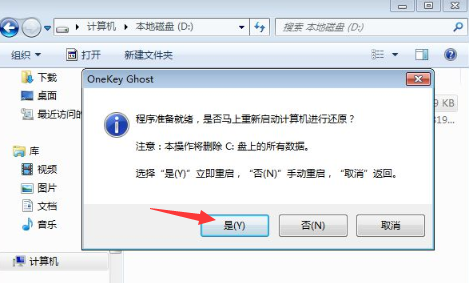
5. At this time, the computer restarts. Onekey Ghost appears as the startup item. This is selected by default;
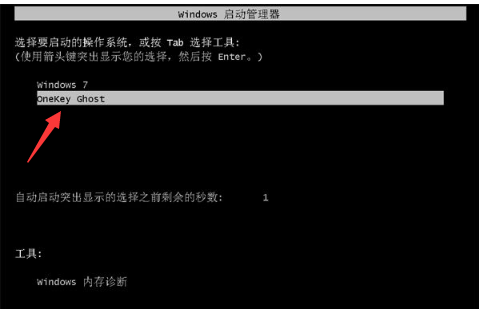
6. Enter this interface and execute the win7 system installation to C Disk operation, wait for the progress bar to complete;
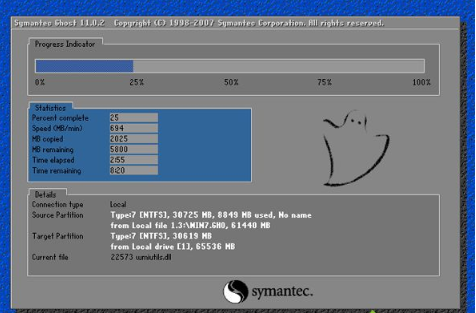
7. After the operation is completed, the computer will automatically restart and continue the installation, configuration and activation process of the win7 system;
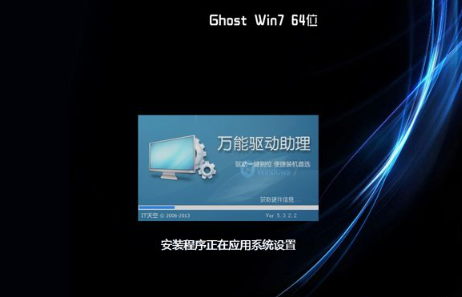
8. The installation and upgrade process takes 5-10 minutes. After finally restarting and entering the new win7 system desktop, xp will be upgraded to win7 system.
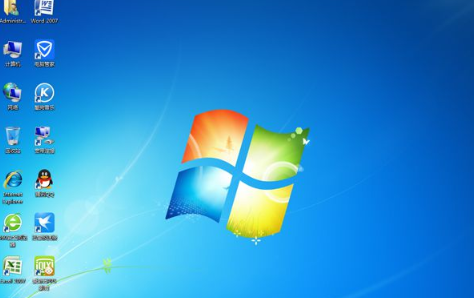
The above is the detailed tutorial for upgrading the xp system to the win7 system. I hope it will be helpful to everyone!
The above is the detailed content of Detailed tutorial for upgrading win7 system from xp system. For more information, please follow other related articles on the PHP Chinese website!